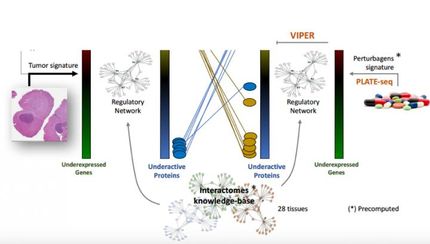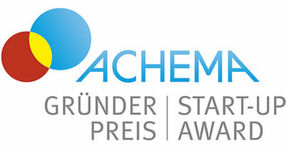Emerging psoriasis therapies go head-to-head with marketed drugs
Comparative efficacy data critical for higher uptake since psoriasis is not considered a life-threatening condition
Advertisement
The market for moderate-to-severe plaque psoriasis therapeutics is becoming increasingly competitive with the imminent arrival of three promising new drug classes: interleukin-17(IL-17) inhibitors, a janus kinase (JAK) inhibitor, and a phosphodiesterase-4 (PDE-4) inhibitor, the last two being oral therapies. These drugs are welcomed additions to the toolbox of therapeutic options available to patients and physicians for an indication historically underserved by novel therapies. The increasingly competitive pipeline is also raising the bar for new entrants.
Recent analysis from Frost & Sullivan’s Product and Pipeline Analysis of the Global Psoriasis Therapeutics Market finds the development pipeline for moderate-to-severe psoriasis therapeutics has at least 37 investigational biologic and small molecule drugs in various stages of development. The particularly competitive classes include IL-17 with three candidates in the late stages development and anti-interleukin-23 (IL-23), with five candidates in various stages of development.
“The discovery of the role of tumor necrosis factor alpha (TNFα) in inflammatory diseases led to the commercial launch of several popular TNF blockers,” said a Frost & Sullivan Life Sciences analyst. “These highly effective therapies for severe cases of plaque psoriasis are being upstaged by several new drug classes with improved efficacy, safety and tolerability.”
While next-generation biopharmaceuticals and novel oral therapies offer superior efficacy and safety, roadblocks, in the form of inadequate clinical differentiation and endorsement of pharmacoeconomic benefits, exist. Hence, pharmaceuticals are lining up numerous head-to-head trials to demonstrate the superiority of their therapies over marketed drugs.
Further, regulator and payer scrutiny of new therapies for chronic plaque psoriasis is increasing, and the bar for approval and reimbursement is significantly higher than it was a decade ago. The availability of several effective and approved TNF blockers for the treatment of the disease places additional pressure on the developers of novel therapies to demonstrate superior profiles in terms of efficacy, safety, tolerability and patient acceptance.
“If the cost and safety profiles are comparable, therapies that offer better patient convenience will be preferred to improve adherence to therapy and prevent relapse,” noted the analyst. “Advanced devices and improvements in formulations to reduce the inconvenience of frequent injections could set otherwise similar products apart in the eyes of patients.”





















































